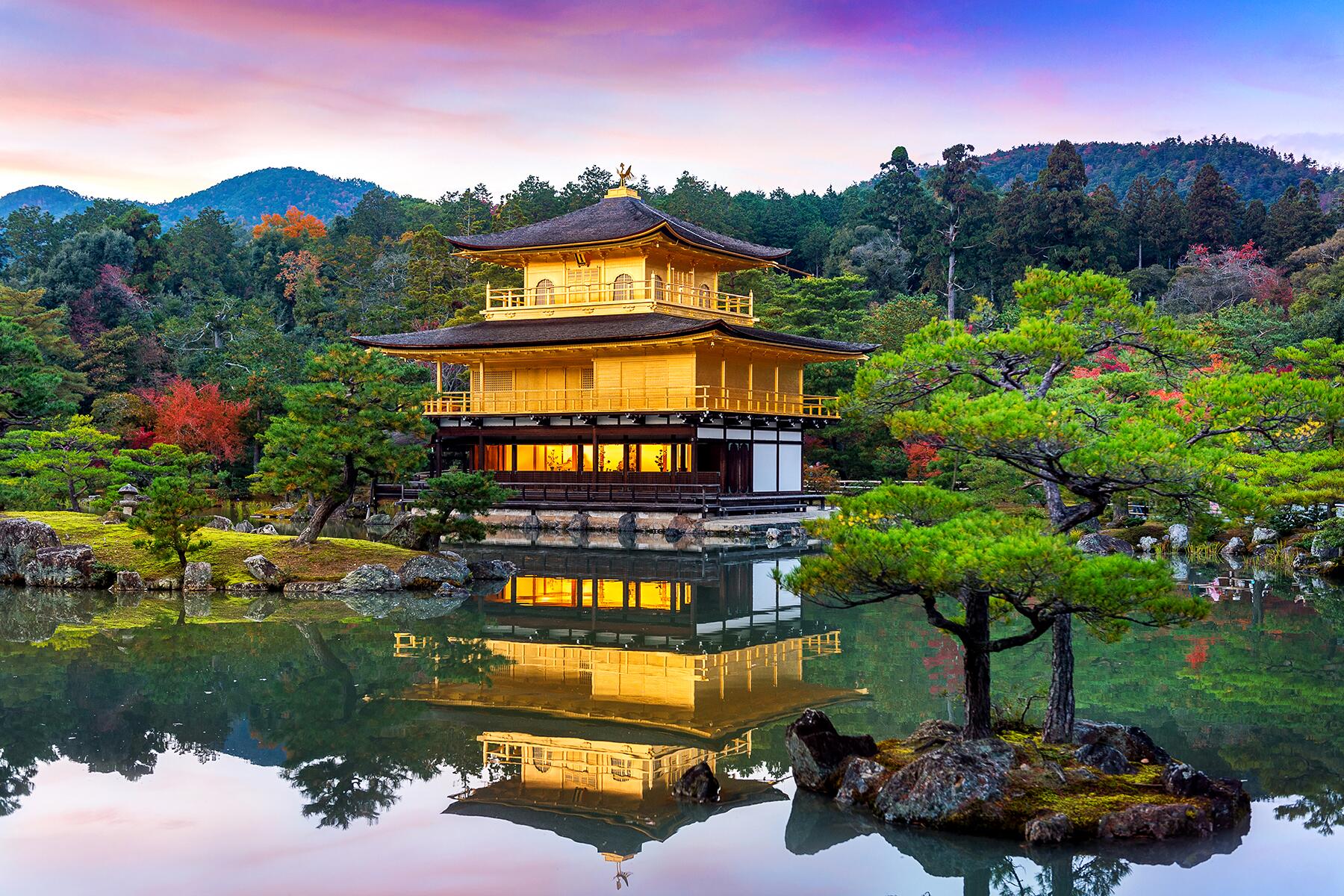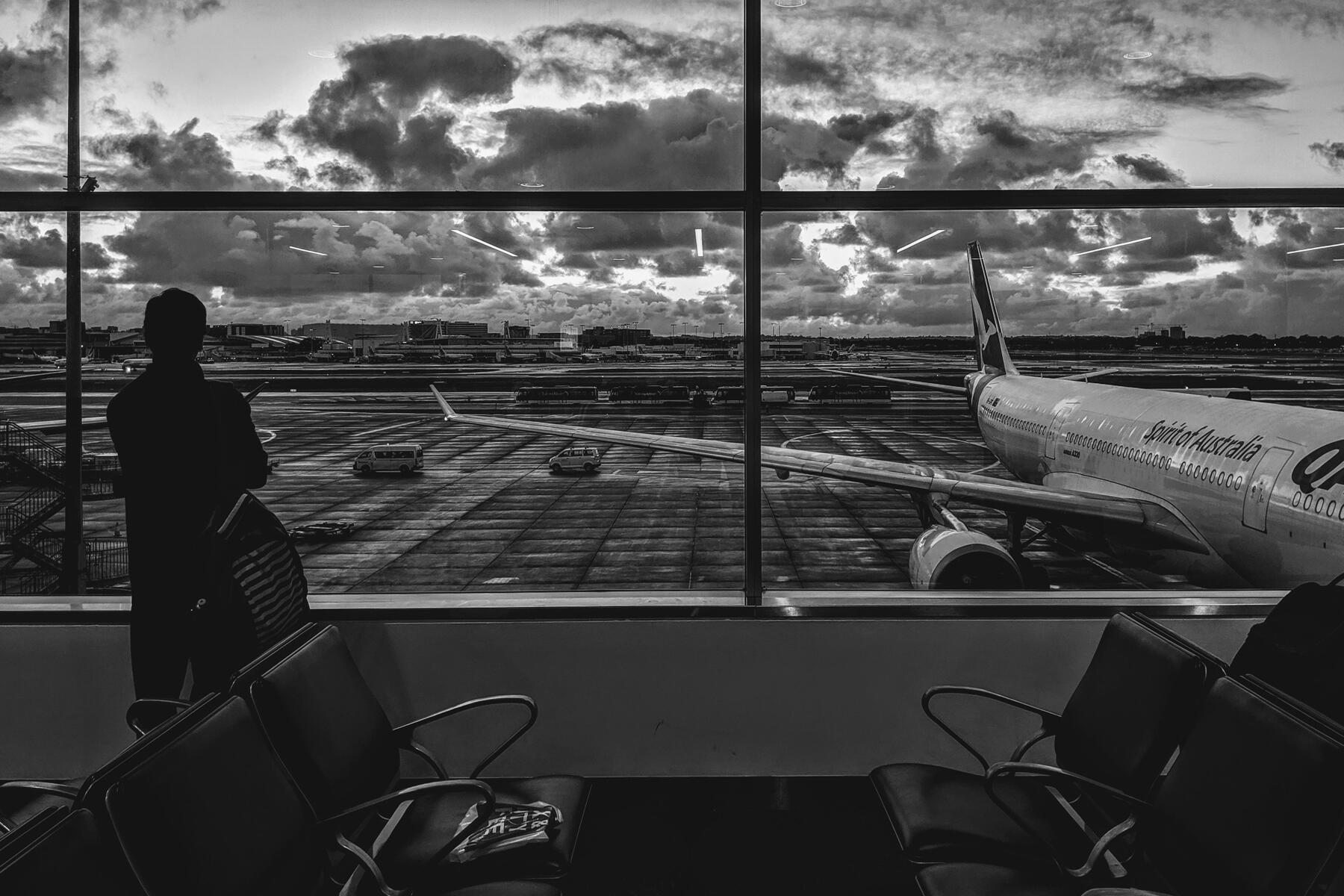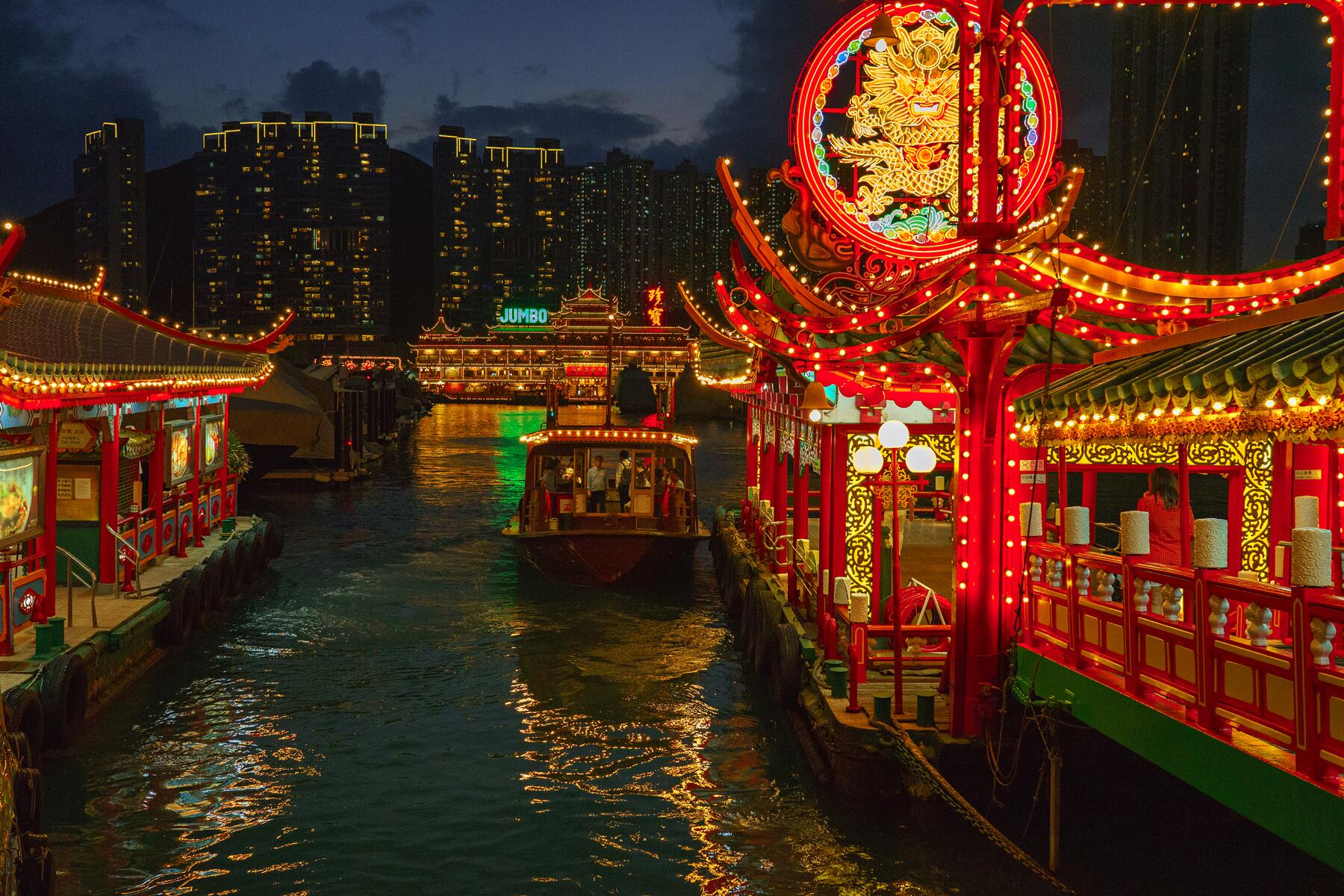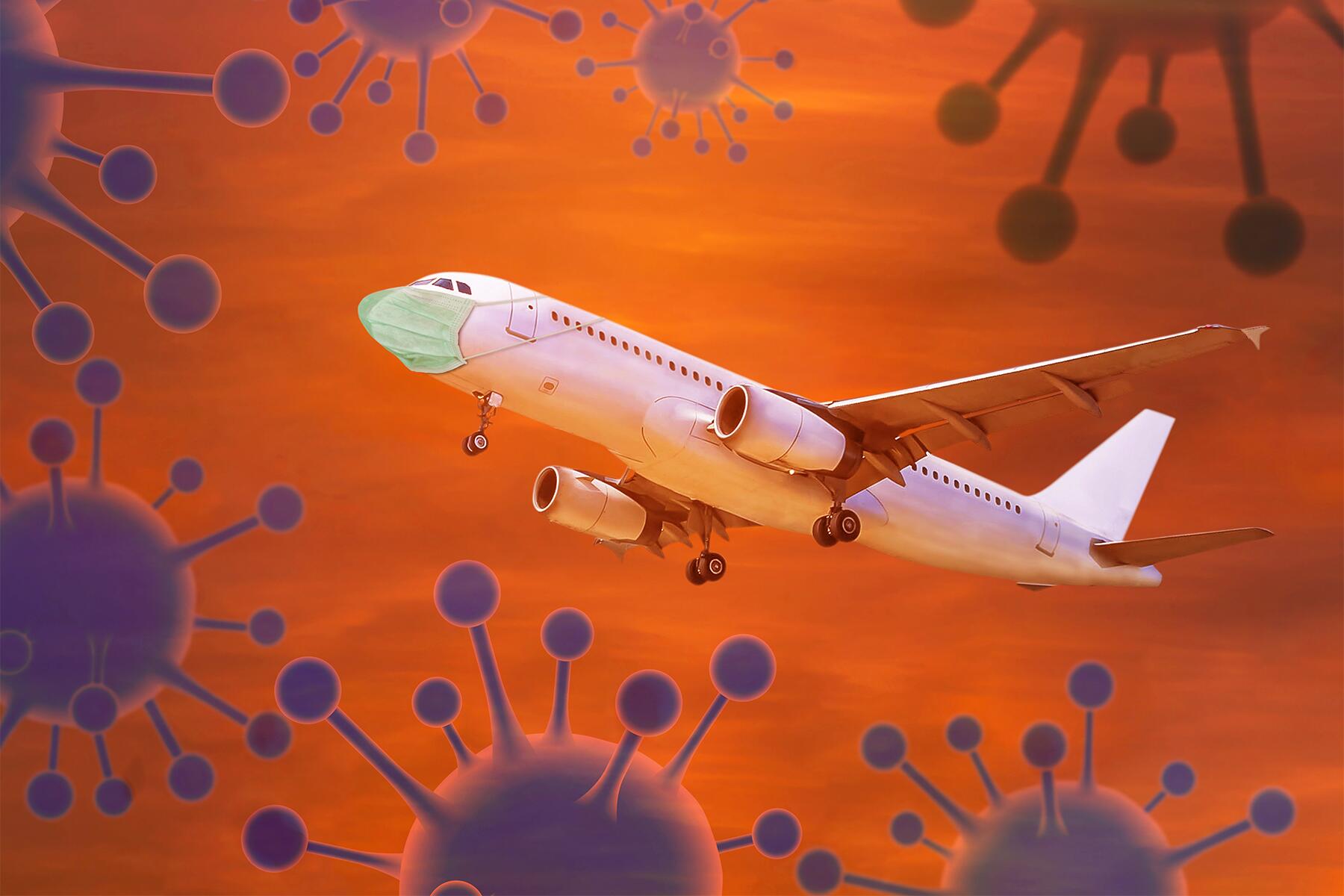Do you want the good news or the good news?
Back in the beginning of April, Dr. Anthony Fauci, the United States’ leading infectious disease expert on coronavirus and part of the White House Coronavirus Task Force, gave American travelers a glimmer of hope when he said that summer vacations might be in the cards. Well, it’s nearly a month later and we’ve got to say, it may not be guaranteed, but the prospect of summer travel actually looks pretty damn promising—just don’t expect it to look like you remember.
With the typical kickoff dates for summer travel just mere weeks away, here’s a look at the trends, plans, and expert information we’ve gathered on the how and why we might actually, finally be traveling again this summer.
Why Summer Travel Looks Like It Could Be a Go
Why summer? Simply put: ‘Tis the season. While warmer temperatures might not straight out kill the novel coronavirus that causes COVID-19, warmth, and humidity may help make it harder to spread. Dr. Rajeev Fernando, an infectious disease physician working on the frontlines at three different hospitals in New York, says the current virus-friendly weather conditions are accounting for about 90% of all transmissions. Comparatively, summer weather conditions would only account for about 10% of cases. “As summer kicks in and you have temperatures over 67 degrees Fahrenheit, it’s transmitted much less effectively,” he explains.
We’ve also just finally started to see wins against the virus in recent weeks. Most countries are reporting fewer new cases and deaths, several lockdowns are being lifted (including in heavily hit countries like Italy and China), and a few U.S. states are starting to reopen–New Zealand was even able to eradicate the virus completely. Additionally, hotels, airlines, attractions, and other travel companies are getting their ducks in a row in time for summer (more on that later)—a sign they are expecting us.
“As [the overall effect of the virus] is slowing down, summer will be the best time to travel—it’s probably the lowest risk time,” Dr. Fernando says.
What Kind of Vacations Should We Book?
To keep things copacetic, experts, including Dr. Fernando, suggest sticking to essential-only travel. In other words, now is not the time to book your dream summer vacation and risk ruining all the progress we’ve made.
The good news? Dr. Fernando classifies traveling as essential to our mental wellbeing, citing the rise in lockdown-related PTSD, depression, anxiety, and other mental health issues. “Sometimes people need to recharge,” he says. “And if you have to do that and you are using the appropriate precautions then I think [travel] is a good idea.”
One of those precautions is continuing to maintain social distance. Aim to plan trips with limited interactions with strangers and avoid crowds as much as possible (sorry, this also likely means skipping an overcrowded beach). Go big on hyper-local getaways, day trips, and other domestic travel. Think family road trips, camping, visits to national and state parks, off-the-beaten-path locales (that are still close enough to civilization should something happen), villa buyouts, or even private houseboat rentals (like Le Boat). It’s a great time to rediscover your own city or state.
Yes, more involved domestic and international trips are and will be possible—Dr. Fernando himself is hoping to travel to visit his parents in India—but should only be truly considered if essential or visiting family. (Need we remind you that flight attendants are calling for a ban of leisure travel in order to stop overcrowding on planes?)
Recommended Fodor’s Video
Where Will We Be Able to Go?
Figuring out where to go may be the biggest challenge. Even with summer travel just around the corner, it’s hard to know what places and activities will be open. And what’s the point of going somewhere if you can’t do anything once you get there? Is Orlando even Orlando when you can’t hit up theme parks? Is Tokyo still worth it when almost everything is closed and everyone’s at home?
Some destinations will be more unpredictable than others. Many countries have borders closed to foreigners, many cities will just be starting to stretch their legs (and even if a city is open it will likely be operating at limited capacity), and some destinations may require certificates of health. Luckily, the places most likely to be open are large, spacious, and full of fresh air—parks, natural attractions, and outdoor recreation sites. In fact, they’re already dominating destinations in several U.S. summer travel polls. Jon Gray, CEO of RVShare (think Airbnb for RVs) said that even state parks are selling out—and not just on the weekends.
One reason people are peeping parks might be because they know they’ll be open—a plus in uncertain times. They’re also easy, close to home, allow for social distancing, and don’t necessarily require a flight—ticking all the boxes that make for a perfect summer travel destination for our specific situation. However, plan carefully, and be aware of overcrowding. Soon after reopening, China’s parks were slammed, effectively ruining any social distancing measures.
Will It Be Safe to Fly?
Short answer: Probably more so than you think.
It’s no secret that the pandemic has upended the airline industry in the last couple of months. Getting people to trust flying again may take time, but the good news is that it’s safer than you think. To regain passenger trust, airlines are amping up measures against possible transmissions by implementing mandatory masks, changing boarding procedures, using electrostatic disinfectant sprays, removing middle seats, and even starting rapid on-site COVID-19 testing. They also use something called a HEPA filter to recirculate and clean the cabin air.
According to the CDC, cabin air cycles through an airplane’s HEPA filters between 20 to 30 times per hour, and about 99.9% of aerosols, bacteria, contagions, and viruses are effectively removed. Still, infection is possible, especially if you sit next to someone who is sick. If you must fly, follow the golden rule and give your fellow passengers the same respect you’d like to receive by wearing a mask–just in case.
What About Staying in Hotels?
Short answer: Hotels are iffy.
On the whole, Dr. Fernando leans towards the safety of staying in a vacation rental or apartment-style hotel if you’re going to travel this summer. However, it’s worth mentioning that hotels around the world are working to bring guests a safe experience with as little disruption to what you’d expect from a pre-pandemic stay as possible. For example, many hotels are adapting more stringent cleaning protocols that pay attention to high-contact surfaces, restaurants have switched to grab-and-go options, and risky amenities like pens and paper, reusable drinking glasses, and coffeemakers have been removed.
In the Finger Lakes, New York, Inns of Aurora, an ultra-boutique villa property has an easily accessible statement of its new policies, which includes face mask requirements and suspended turndown service, while the Balboa Bay Resort in Newport Beach, California is going even further by suspending daily housekeeping service. Instead, rooms will be thoroughly disinfected between guests, including a 24-hour airing-out period.
All-inclusive resorts and hotels with clothing-optional experiences face the biggest challenges. Mexico’s Original Group—which owns the frisky all-inclusive, adult-only resorts Desire Riviera Maya, Desire Riviera Maya Pearl, and Temptation Cancun—is currently brainstorming ways to keep their unique experiences intact while providing a safe environment. Some ideas include switching to staff-served buffets, providing masks and gloves to guests, and spacing out pool and beach chairs.
Still, this ain’t some hotels’ first rodeo. Hong Kong-headquartered Langham Hotels survived the 2003 SARS pandemic and has an entire pandemic response plan that every one of their hotels refers to for operations. Before shutdowns, properties in London, Australia, and the U.S. were already using temperature guns to check for fevers, and they are looking into expanding the use of infrared thermo-scanners currently being used at their properties in China. “Any guest who has a temperature deemed too high will be put into a quarantined space that has been designated for this purpose,” explains Louise O’Brien, a PR rep for the hotel group. “And medical assistance will be arranged.”
For more information on how hotels are working to keep guests safe, read this article.
Who Should and Shouldn't Be Thinking About Summer Travel?
While healthy travelers will need to be cautious with summer travel, not everyone should start dusting off their suitcases just yet. Nearly all of the experts and guidelines advise people in vulnerable categories—people who are age 65 and over and/or who have medical conditions that can cause severe COVID-19 complications—to continue to stay home unless travel is absolutely necessary. Why? A lower risk level of transmission does not mean there is no risk of transmission. Don’t hate the messenger, but if you’re at risk, it’s still too risky.
What If I Have COVID-19 Antibodies?
More and more people around the globe are being tested for antibodies, but there still isn’t enough evidence at this time to know whether having antibodies means you’re lucky enough to be immune to the virus. If you test positive for antibodies, it’s important to be aware that you can possibly still get infected and almost definitely can still infect others around you. For the sake of future travel and your fellow travelers, it’s still important to follow all health guidelines in order to mitigate any transmission.
What Kind of Travel Precautions Will We Have to Take?
Dr. Fernando recommends staying vigilant while traveling by keeping up with what is becoming the holy trinity of coronavirus precautions: Wear a mask in public (and keep your social distance with strangers when possible), wash your hands (or use hand sanitizer often), and disinfect any shared surfaces. Research your destinations for infection rates and available pandemic resources. If you’re flying or staying in a hotel, find out what specific safety precautions will be in place and weigh the risks.
Something else to remember? Responsibility is not only in the hands of the airlines, hotels, and other travel providers, but also lies with us. Travel with your own masks, disinfectant wipes, and hand sanitizer—to not only keep travel safe for you but also for others.
What a moronic article. While Dr. Fernando "suggests sticking to essential-only travel.,,now is not the time to book your dream summer vacation and risk ruining all the progress we’ve made", HE is "hoping to travel to visit his parents in India". That hardly sounds like "essential" travel to me. In fact, it sounds like another "expert" declaring different rules for me and thee...Where is the unsubscribe button??
Who WROTE this?? We have had "temperatures over 67 degrees here in South Florida for MONTHS and thousands of cases already.
Truth. Central FL has had temperatures mid-seventies to mid-eighties for a couple of months. Months during which FL reached 8th in US for confirmed cases and 10th in US for deaths. Southern FL with higher temperatures, account for roughly 1/3 of these.
Yes, Florida is doing better than expected. When the Governor, a Trump-mini-me, doesn't have a testing program and has now prohibited County Coroners from disclosing cause of death due to fake-privacy concerns, the numbers stay low. Clever, huh?







There are two things with which to contend (A) whether or not country borders will be open. The EU is extending to June 13 now. With the failure of the US to have a unified policy, I cant imagine any country in its right mind would allow US citizens in the foreseeable future, and (B) for US citizens, the State Department still has a level 4 "Do not Travel" advisory in effect which voids any travel insurance coverage.